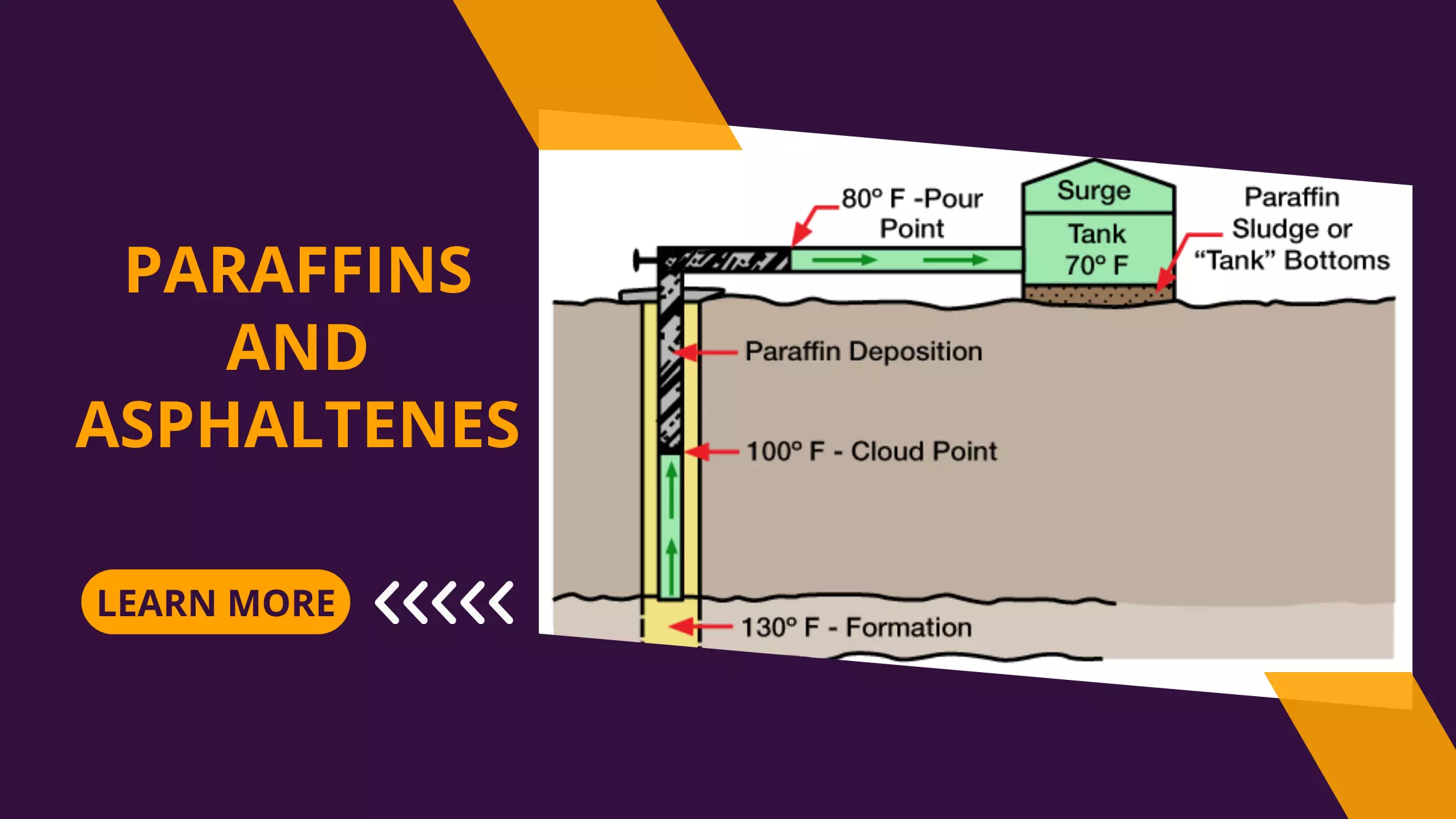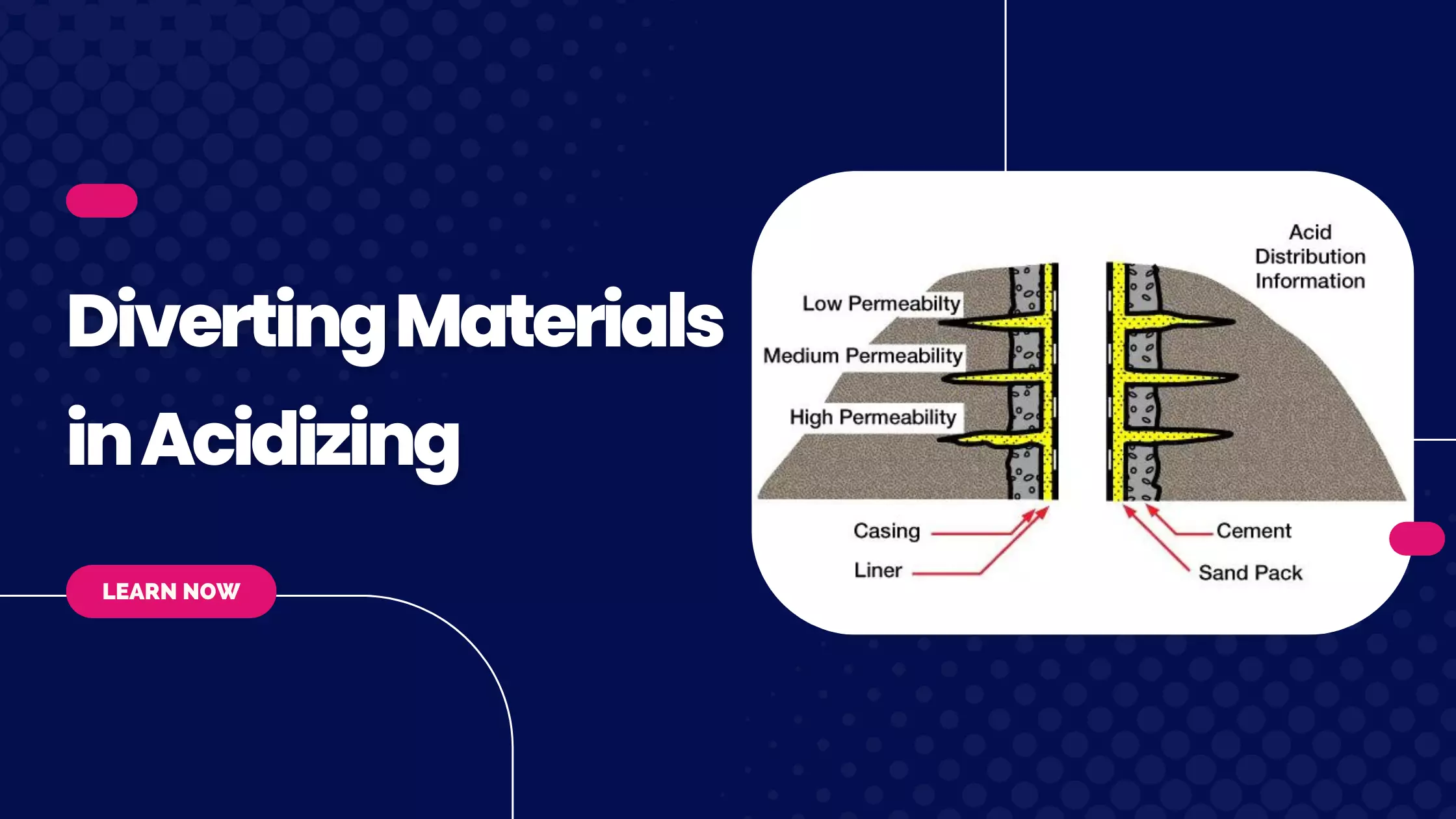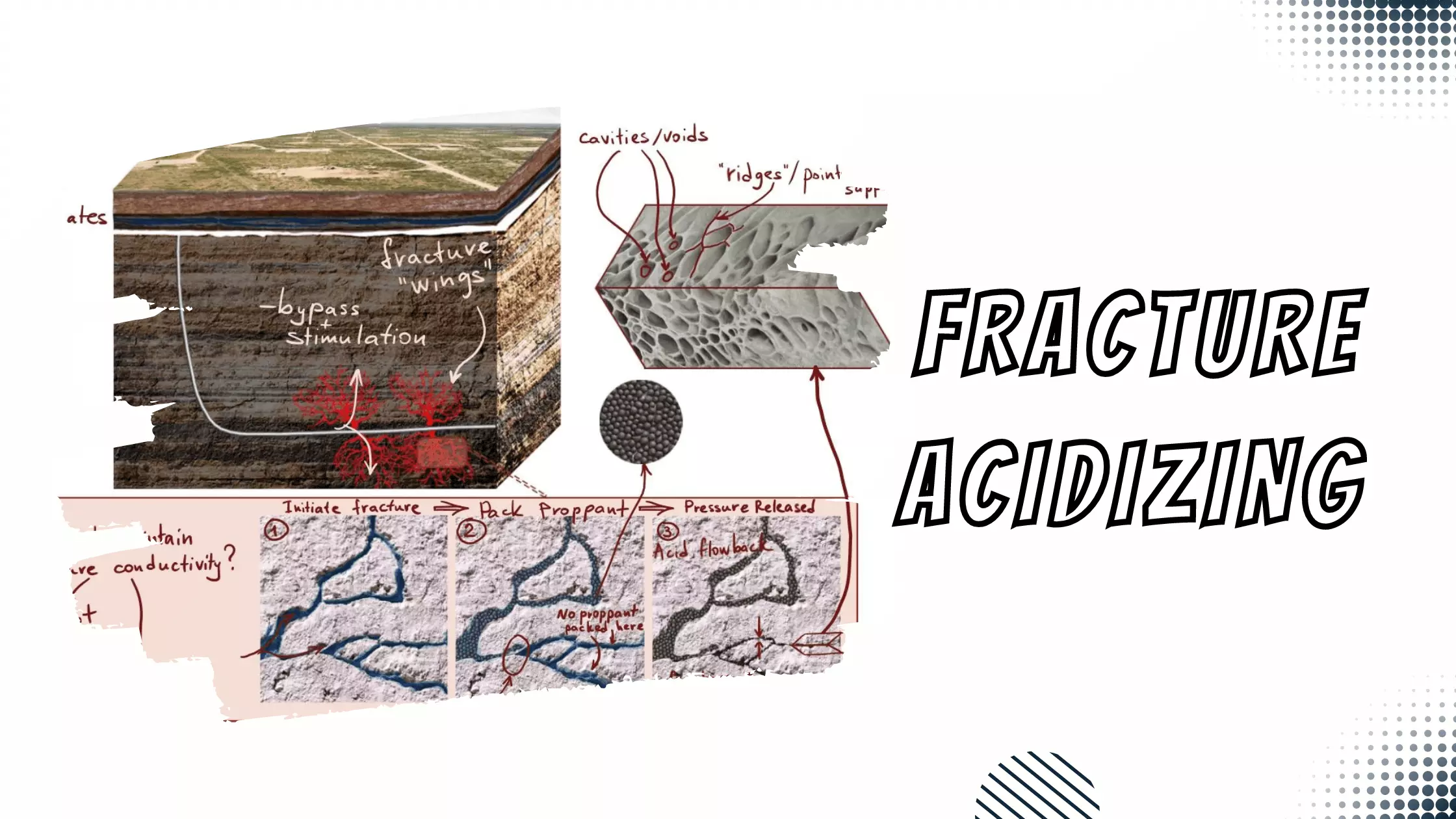Benefits of Hydraulic Fracturing
Hydraulic fracturing offers several significant benefits to the energy industry and the economy as a whole:
Increased Energy Production
By accessing previously untapped reserves, hydraulic fracturing has greatly increased the production of natural gas and oil. This has reduced dependence on foreign energy sources and provided a more secure energy supply.
Job Creation and Economic Growth
The development of hydraulic fracturing has created numerous job opportunities, particularly in regions with significant shale reserves. It has stimulated economic growth, attracting investments and driving local businesses.
Lower Energy Costs
The increased production of natural gas has led to lower energy costs for consumers. This has a positive impact on household budgets, as well as businesses that rely on affordable energy.
Environmental Concerns
While hydraulic fracturing has brought about numerous benefits, it has also raised concerns regarding its potential environmental impacts. Some of the key concerns include:
Water Contamination
The large quantities of water used in hydraulic fracturing, combined with the chemicals added to the fluid mixture, raise concerns about potential water contamination. There have been cases where improper disposal of wastewater from hydraulic fracturing operations has led to contamination of groundwater sources.
Air Pollution
The extraction and processing of natural gas from hydraulic fracturing can result in the release of methane, a potent greenhouse gas. Methane emissions contribute to climate change and air pollution. Efforts are being made to reduce methane emissions through improved technologies and regulations.
Induced Seismic Activity
In some cases, hydraulic fracturing operations have been linked to induced seismic activity, commonly referred to as “frackquakes.” The injection of fluid into the ground can trigger small earthquakes, although they are typically of low magnitude and rarely cause significant damage.
Regulations and Safety Measures
To address the environmental concerns associated with hydraulic fracturing, regulations and safety measures have been implemented. These measures aim to ensure responsible and safe operations throughout the entire process. Key areas of regulation include:
Well Construction and Integrity
Regulations require well operators to adhere to specific construction standards to prevent leaks and ensure the integrity of the wellbore. This helps minimize the risk of groundwater contamination.
Wastewater Management
Proper management and disposal of wastewater generated during hydraulic fracturing operations are crucial to prevent water contamination. Regulations outline guidelines for the treatment and disposal of wastewater to protect both surface water and groundwater sources.
Chemical Disclosure
There is increasing transparency regarding the chemicals used in hydraulic fracturing fluids. Many jurisdictions now require operators to disclose the composition of the fluids used, allowing for better monitoring and assessment of potential environmental impacts.
The Future of Hydraulic Fracturing
The future of hydraulic fracturing is subject to ongoing debate and scrutiny. While it has played a significant role in unlocking vast energy resources, there is a growing focus on transitioning to cleaner and more sustainable energy alternatives. This shift is driven by the need to reduce greenhouse gas emissions and mitigate the impacts of climate change. However, hydraulic fracturing is expected to continue in the near term, providing a bridge to a more diversified and cleaner energy mix.
Conclusion
Hydraulic fracturing has revolutionized the oil and gas industry, enabling the extraction of previously inaccessible natural gas and oil reserves. It has contributed to increased energy production, job creation, and economic growth. However, it is essential to address the environmental concerns associated with hydraulic fracturing through robust regulations and safety measures. The industry continues to evolve, and the future of hydraulic fracturing will likely be shaped by advancements in technology, environmental considerations, and the transition to sustainable energy sources.
 Petro Shine The Place for Oil and Gas Professionals.
Petro Shine The Place for Oil and Gas Professionals.



